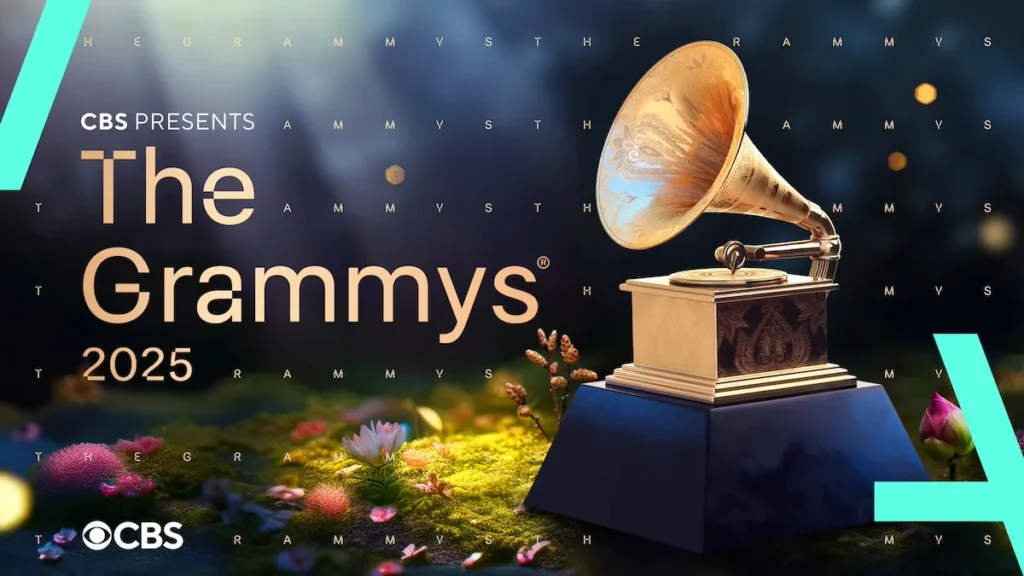Is the Grammy Award for Best Music Video truly a reflection of artistic merit, or is it influenced by factors beyond the music itself? The enduring legacy of the Grammy Awards, coupled with the complexities of the music industry, suggests that the answer is multifaceted, and the awards significance warrants a closer look at its history, its criteria, and its impact on both artists and the industry as a whole.
The Grammy Awards, a cornerstone of the music world since its inception, have served as both a celebration of musical excellence and a platform for critical discussion. Established in 1958, originally christened the Gramophone Awards, the ceremony has evolved alongside the music industry itself. The Best Music Video award, a relatively modern addition, recognizes the often-underappreciated art form of short-form music videos, acknowledging the collaborative efforts of performers, directors, and producers in crafting compelling visual narratives to accompany musical releases. The selection process, the influence of commercial interests, and the evolving tastes of the voting members all contribute to the award's complex role in shaping musical tastes and recognizing artistic achievement.
The 64th Annual Grammy Awards, held at the MGM Grand Garden Arena in Las Vegas on April 3, 2022, highlighted the scope and depth of the award categories, particularly concerning the recognition of musical excellence. This particular ceremony celebrated the best recordings, compositions, and artists from the eligibility year, which stretched from September 1, 2020, to September 30, 2021. The event, like all its predecessors, aimed to encapsulate the zeitgeist of the music world. The recognition of musical achievements, from established artists to emerging talents, helps to influence cultural trends and to define the current standards of excellence within the music industry.
The Grammy Awards are not immune to the scrutiny that befalls any major award show. Ann Powers, a respected writer for National Public Radio, raised concerns about the 2017 Grammy Awards, specifically pointing out potential instances of bias. Her assessment prompted a deeper examination of the factors that may play a role in the nomination and selection processes, including genre definitions, recording formats, and cultural sensitivity. These points of critique often generate a lively debate within the media and among the general public, forcing the Academy to reassess its standards and to seek avenues for improvements.
Amidst the glamour and prestige, the Grammy Awards, like all significant cultural institutions, continue to evolve. The introduction of new categories, changes in the voting process, and a constant re-evaluation of its mission are all indicative of its commitment to staying relevant and representative of a dynamic and constantly shifting musical landscape. The journey of the Grammy Awards, from its humble beginnings as the Gramophone Awards, shows the continuing struggle to maintain its credibility while continuing to reflect the ever-changing dynamics of the music world.
The awards are often given within specific categories, from major awards for record of the year to genre-specific awards like Best Music Video. Such a category can be interpreted through the lens of artistic vision, technical production value, or even the commercial appeal of the visual element. The nominees and winners often gain prestige and heightened visibility, as they are given greater opportunities for further success. This recognition has a practical impact, resulting in concert dates, album sales, and other commercial ventures.
A case study in the realm of independent music recognition is Vekaria, who, at the 2017 Global Peace Song Awards, showed the breadth of talent in the field. She earned three prestigious awards: the Jury Prize for New Age Music, the Public Prize for Folk Music, and the coveted Overall Grand Prize. Vekarias achievements show how important it is to acknowledge diverse artistic contributions and have an international platform.
The Grammy Awards, like the music industry in which it is set, are not without flaws. Vekaria's recognition by the Global Peace Song Awards further complicates the discussion of merit by bringing in cultural biases and the changing standards of the music industry. The 2024 New Age Intercontinental Music Awards, recognizing Vekaria as the winner for Best of Pangea, adds additional layers to her ongoing acknowledgment of artistic achievements.
The Academy has often made changes to its structure and process. In June 2022, the Academy announced a new category. This new category, which will be part of the American roots music genre field, highlights the Academy's focus on celebrating a broader range of musical talent and responding to industry shifts. This award recognizes outstanding artistic achievement in an Americana recording by a solo artist, bringing in new sounds and different creative perspectives.
The presentation of the award took place on February 5, 2023, during the 65th Annual Grammy Awards. The selection and nomination procedures are not only a reflection of the current status of the music industry, but they also reflect the ongoing efforts to improve representation and to ensure fairness, bringing in a diverse range of artists and genres.
The process, from initial nominations to the final award ceremony, is complex. The evaluation of the work itself, including the technical production values, the originality of the work, and its cultural impact, must be considered. The Grammy Awards provide an important chance for reflection on the current landscape of music, as well as highlighting the importance of musical artistry and the collaborative efforts of musicians and others in the industry.
The Grammy Awards, as a measure of success and as a symbol of excellence, are a critical element in the music industry. Whether for the recognition of visual artistry in music videos or the celebration of talent across a range of genres, the awards are important to consider. They help to shape public opinion and influence the course of music, leaving a legacy that will impact future generations of musicians and listeners.

